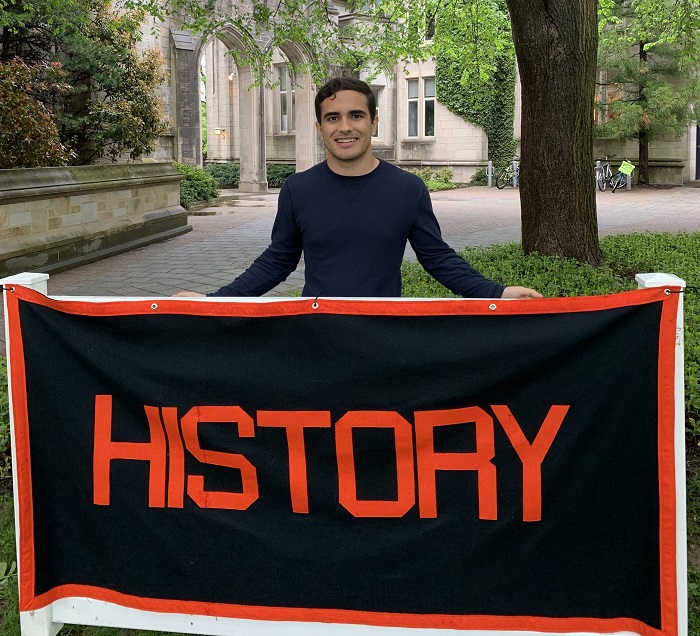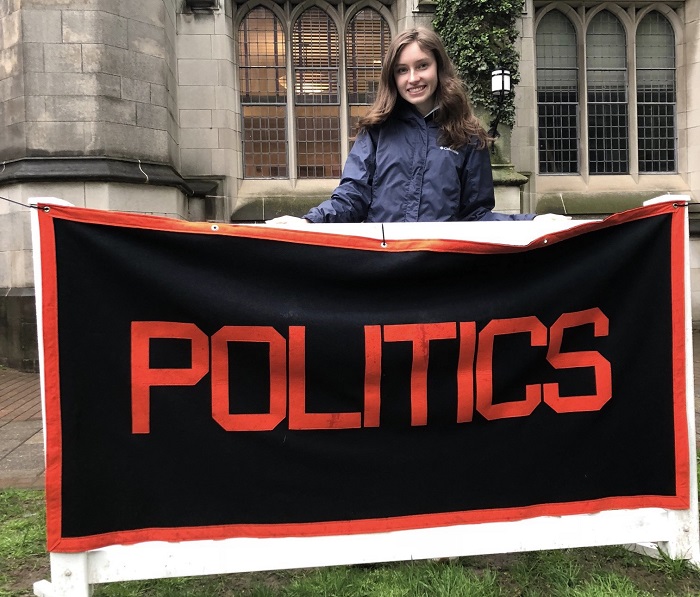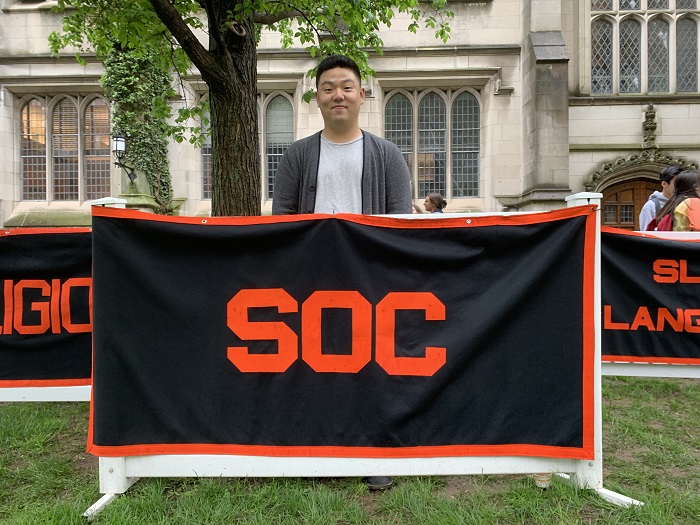To the newly admitted Class of 2024, congratulations!
I remember being in your shoes, quite intimidated by the college selection process. I remember asking myself, will I fit in at Princeton? Will there be people like me? Can I handle the academic rigor? Despite my hesitations, choosing Princeton was one of the best decisions of my life.
What I found appealing was Princeton’s focus on the liberal arts and world-renowned undergraduate education. The University gives you the flexibility of taking classes in a variety of subjects before officially declaring your concentration at the end of sophomore year. For me, this was crucial because I was undecided. I came in as a prospective math major, but after taking classes in different departments, I discovered an interest in archival research and joined the Department of History.
I also knew I wanted to learn from my peers, travel to different countries, and get access to enriching opportunities. From traveling to India with a geology class to interning in Israel at a high-tech startup, Princeton has provided me with memories and experiences that I will cherish for years to come. Best of all, these opportunities are fully covered financially!
Another important factor was affordability. The financial aid program here is amazing. My parents were worried they wouldn’t be able to afford Princeton, but the financial aid award I received made it all possible. Throughout my years here, the financial aid office has supported me every step of the way.
Princeton has truly become my home and I wouldn’t have it any other way!










